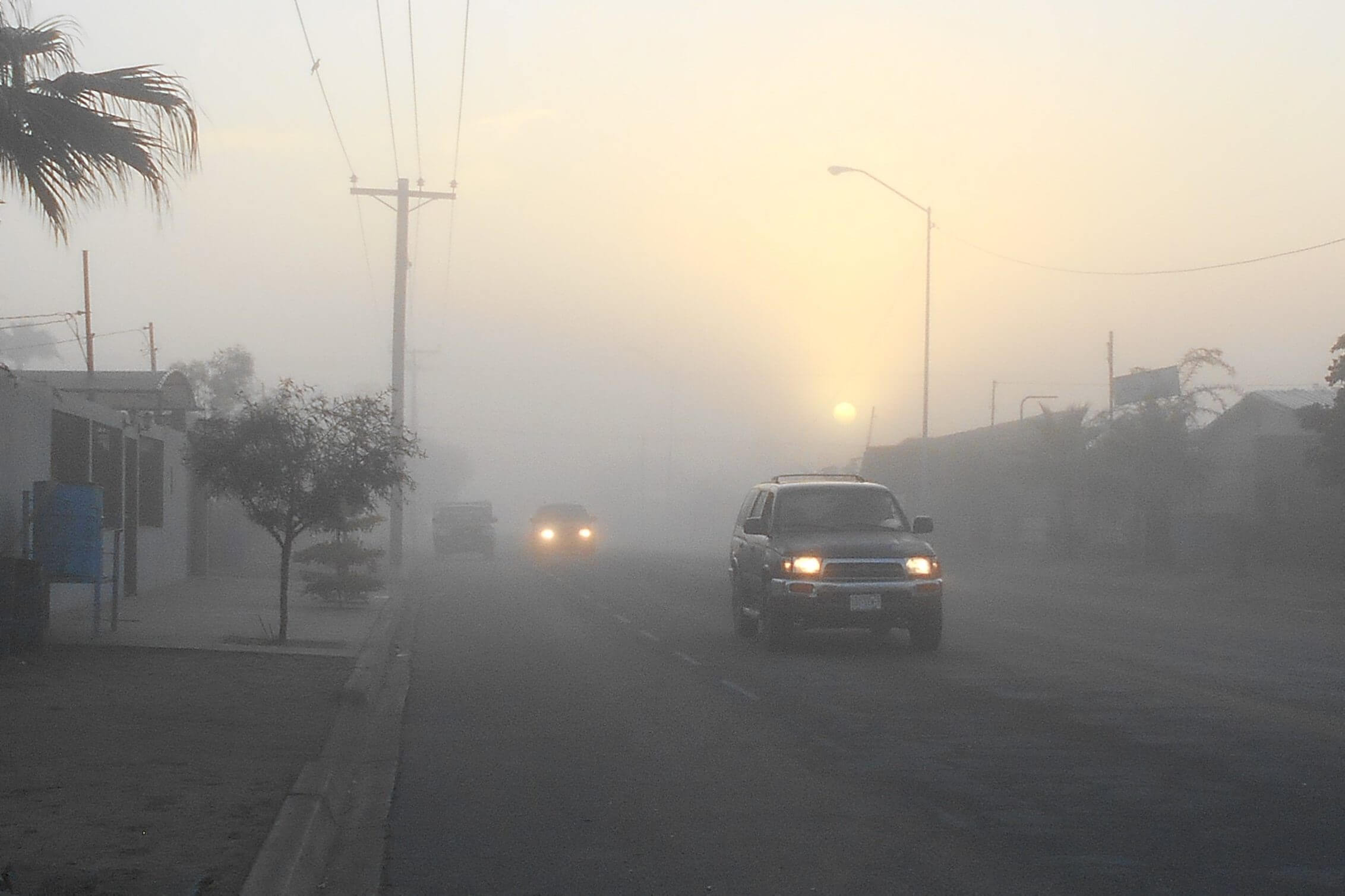Nicaragua will continue to experience cold days with increased wind gusts throughout the national territory with average speeds between 33 and 81 kilometers per hour starting this Monday, February 6. They call on citizens to take the corresponding precautionary measures in the face of these conditions.
The director of the Observatory of Natural Phenomena (Ofena), Agustín Moreira, explained that due to the passage of cold front numbers 28 and 29, which move from the Gulf of Mexico and Honduras to the northeast, they are generating strong gusts of wind throughout the National territory. The minimum temperatures for the Pacific zone would oscillate between 20 and 24 degrees Celsius; the maximum for this region will be from 28 to 35 degrees.
Related news: Two cold fronts will cause low temperatures and strong winds in Nicaragua
The weather for the Pacific and center is completely clear with little chance of rain. The Caribbean and parts of New Guinea could receive some isolated and light showers with some electrical discharges.
The temperatures will oscillate between 16 and 23 degrees in the North and the Center of the national territory, with maximums of 23 to 30. For its part, the Caribbean will register temperatures 22 to 24 and maximums of 26 degrees.
Marcio Baca, director of meteorology of the Nicaraguan Institute of Territorial Studies (Ineter), issued recommendations for maritime navigation that citizens who are engaged in fishing must take due to the high waves due to the strong gusts of wind that are registered in almost all the national territory.
“We are going to continue with moderate to locally strong winds in almost the entire country, pay close attention to maritime navigation on both coasts, due to the strength of the winds. These winds will be meeting speeds around 25 to 30 km / h and waves of 1.5 to 2 meters high », he explained.
Doctors have recommended that the general population take great care these days and pay special attention to people with asthmatic symptoms. “You always have to have an emergency plan for people with respiratory diseases. Children and the elderly have to walk around at night in their sweaters and jackets; not go out without it because if not, then they could have a respiratory crisis, “said Dr. Vanesa Talavera.
These conditions could alter cases of flu, laryngitis, tonsillitis, rhinitis and SARS-COV-2 infection, so specialists recommend being careful and avoiding exposure to low temperatures, mainly in the north of the country.












![María Agüero on the attack on the Twin Towers: "Al Qaeda did not do it, Bush did that" [VIDEO] Congressman Agüero on Dina Boluarte: "If she has committed an infraction, she will have to be sanctioned"](https://latin-american.news/wp-content/uploads/2022/05/Congressman-Aguero-on-Dina-Boluarte-If-she-has-committed-an.jpg)





